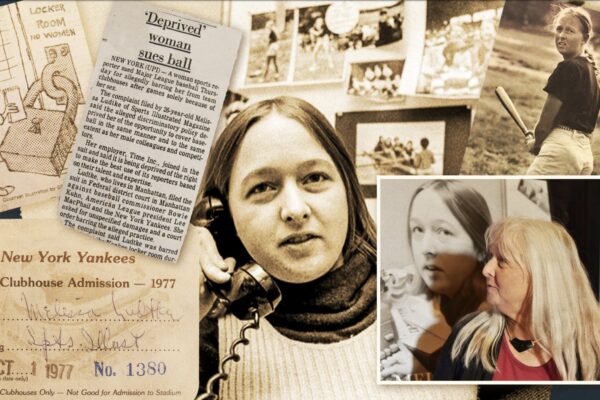By Rebecca Harris | @MsRebeccaHarris
RIO DE JANEIRO — Life has been somewhat of a waiting game for Jackie Galloway, newly-minted Olympic bronze medalist, at least when it comes to taekwondo.
She was named an alternate to Mexico’s Olympic team for the London Games as she carries dual citizenship. She waited to be called up, but never competed.
Her second chance came in the form of her appearance in the World Taekwondo Federation’s Olympic Ranking, qualifying her for the Rio 2016 Games. This time, she would be competing for Team USA as a Texas native, an opportunity to allow her father and coach, Gary Galloway, to be at her side on the biggest of stages. Then it was more waiting, as the ranking announcement came in December 2015. A silver medal at the Pan American Championships earlier this year came in the meantime.
Finally, the Olympics arrived, but Galloway would be competing the day before the Closing Ceremony, leaving her nearly three weeks to maintain a normal routine and normal training regimen in the most abnormal of places.
It didn’t matter.
“I actually liked it,” she said. “I could go to the Opening Ceremony and then recoup and train.”
The 20-year-old won the bronze medal Saturday night, becoming the second U.S. woman to win a medal in the women’s +67 kg. weight class. Paige McPherson was the first in 2012, also winning bronze.
“I’m happy for her,” Galloway’s coach and father, Gary, said. “That’s the whole thing. She’s put in the hours, she’s put in the sweat, the tears. She’s sacrificed. She’s had to move to another country for a while to take an opportunity and then came back. For her to get validation like this is…” He trailed off, without the proper words to describe what it meant to see his daughter as the proud owner of an Olympic medal.
Jackie won her first two matches before losing in the semifinals to be entered into the bronze-medal match. Her Round of 16 came against Crystal Weeks of Puerto Rico, a decisive 5-0 win. She then won in the quarterfinals later Friday afternoon against the Netherlands’ Reshmie Oogink. That competition was harder, ending in a 1-1 tie after the golden point round, with Galloway coming out on top due to a superiority decision by the judges.
Mexico’s Maria Espinoza is a long-time rival of Galloway, the one to make the Mexican Olympic team in 2012 instead of the younger athlete, the opponent she’s faced many times with the outcomes evenly split between wins and losses. It’s a rivalry Galloway and her coach planned to face again in Rio and one that, as her coach says, yields closer and closer results every time.
This time, the result was in favor of Espinoza by the tiniest of margins. After another tied score at the end of the fourth period, this time at 0-0, Espinoza was sent through to the final due to superiority, three touches to two. Galloway moved on to the bronze-medal match.
“‘Refocus, breathe it out, calm down,’” she said is the advice she was given after the tough loss. “It took a minute for my short-term memory to kick in but it kicked in. I had time to recoup and refocus.”
In the final match of her Olympics, she faced Gwladys Epangue of France, yet another rival, one who had beaten her twice. Not only that, in her first loss to Epangue she broke her hand. Two weeks later she had to go up against the Frenchwoman yet again, with pins in a key appendage of the sport.
“I needed surgery but I waited until after that big tournament,” she said. “Today was just an accumulation of this whole journey. I had fought these girls before, I knew what to expect. I just had to execute.”
Perfect execution of the game plan and following her routine led her to this moment, her first Olympic medal. It’s the first of many, she hopes, saying that she’s young and feels like she could compete forever.
“I think I have a few more years in me,” she said with a laugh.
Galloway’s victory was complete with hugs to her mom and boyfriend in the audience and an American flag as an accessory for her victory lap around the arena. It marked redemption for the earlier loss and the perfect way to end her experience in Rio.
“Getting on the podium and becoming an Olympic medalist is an amazing accomplishment,” she said with a huge grin. “Obviously I had set out to get the gold, but bronze sounds pretty good too.”
Rebecca Harris is a student in the Sports Capital Journalism Program at Indiana University-Purdue University Indianapolis.


